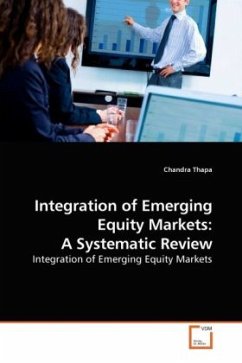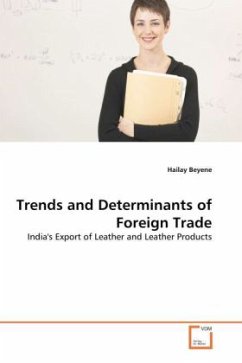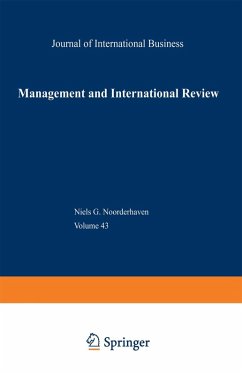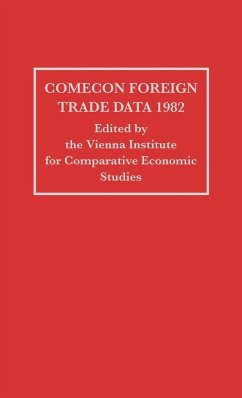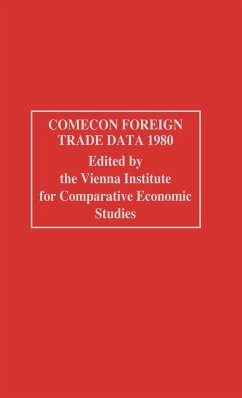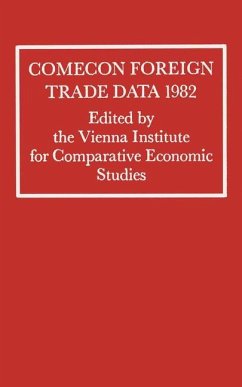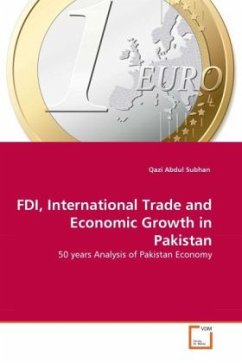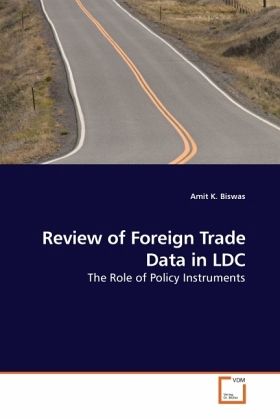
Review of Foreign Trade Data in LDC
The Role of Policy Instruments
Versandkostenfrei!
Versandfertig in 6-10 Tagen
38,99 €
inkl. MwSt.

PAYBACK Punkte
19 °P sammeln!
This book thoroughly investigates the accuracy of foreign trade data reported, especially in the less developed countries which are, more often than not, hamstrung by Balance of Payment problems caused by heavy dependence on imported items and weak foreign exchange reserves. Usually the policy-makers in LDCs practice protective foreign exchange and trade policies to take care of the economy at the external front. Obvious outcomes of those are highly restrictive tariff barrier, subsidy to promote export, regulated exchange rate and controls on free movement of capital across globe. We show that...
This book thoroughly investigates the accuracy of foreign trade data reported, especially in the less developed countries which are, more often than not, hamstrung by Balance of Payment problems caused by heavy dependence on imported items and weak foreign exchange reserves. Usually the policy-makers in LDCs practice protective foreign exchange and trade policies to take care of the economy at the external front. Obvious outcomes of those are highly restrictive tariff barrier, subsidy to promote export, regulated exchange rate and controls on free movement of capital across globe. We show that these restrictive trade policies provide incentives to traders not to report truthfully and to fabricate officially reported trade values. We have analyzed the officially reported Indian bilateral trade data and found enough support in justifying our hypothesis that restrictive trade policies does more harm than good by encouraging corrupt practices in trade front. We have also shown that illegal capital inflows and outflows can also take place because of mis-invoicing of trade statistics. We also analyze the effects of globalization and other policies on the size of informal sector .



